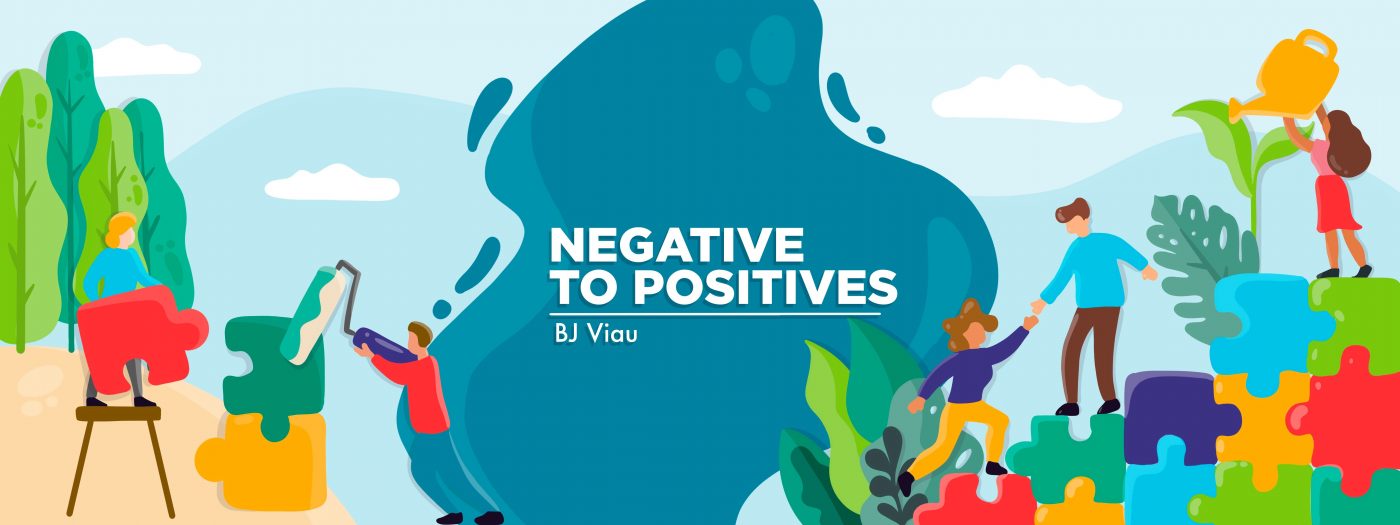Why I Take Part in Huntington’s Disease Research
Written by |

I never knew what participating in medical research was all about when I was growing up. For 10 years, I was an active member of the Huntington’s disease community, but I had no clue about research.
One reason was because from 1999 to 2009 there wasn’t much research to participate in. Another reason was that it wasn’t something typical a teenager would pursue. But my eyes were opened when I joined the pharmaceutical industry after graduating from college.
As I learned about the importance of participating in clinical or observational studies, I figured I needed to do my part and sign up. One of the first studies I learned about in 2009 was called PREDICT-HD, an observational study that sought to understand when the onset of Huntington’s symptoms could be predicted. I learned about the study because the research team at the University of Iowa, where it was based, was active in the Huntington’s community and participated in community events — such as my family’s Hoopathon fundraiser.
I didn’t qualify for that 2009 study because I hadn’t yet undergone genetic testing, but by the following summer I had, and had reached out to the Iowa research team about participating — even before I had told my family that I was gene-negative.
I traveled to Des Moines, Iowa, on what I recall was a miserably cold December day, and underwent a day full of memory, smell, sensory, and movement tests — along with an MRI and a spinal tap. I even offered to let them film my visit so others would be able to see what a study was like as a way to get more volunteers. The day was painless, both physically and mentally.
I don’t qualify for many studies with my negative gene status, but I’ve signed up and participated in every single trial that I’ve qualified for, the main two being ENROLL-HD and PREDICT-HD. I’ve also taken part in a handful of other one-off studies, surveys, and research opportunities.
This week, I’m headed to Madison, Wisconsin, to participate in my first visit with PREVENT-HD, whose principal investigator is Jane Paulson, who also headed up the PREDICT-HD study. This new study will focus on how Huntington’s symptoms can be prevented.
I’m incredibly passionate about this study and excited to participate in it. It will include a day of neurological and cognitive tests, plus an MRI and a spinal tap.
It’s not easy to take a day off work and away from the family, but it’s necessary. The hardest part tends to be just making up my mind to participate. Once that’s done and I’ve circled the date on the calendar, I’m excited to be a part of it.
I hope anyone reading this will take the time to learn about participating in research studies. Some might ask, “What difference will it make?” I assure you that participating in research studies does make a difference.
There are many ongoing studies taking place, including clinical and observational trials, that can be found at ClinicalTrials.gov or HDTrialFinder.com. Or, you can speak with a doctor who specializes in treating Huntington’s to learn more. And please feel free to write to me here, and I can send information to anyone who is interested.
I want to thank all of the Huntington’s disease warriors who have participated or helped others participate in clinical or observational studies. We wouldn’t be where we are today in our efforts to find effective disease-modifying treatments without this support.
***
Note: Huntington’s Disease News is strictly a news and information website about the disease. It does not provide medical advice, diagnosis, or treatment. This content is not intended to be a substitute for professional medical advice, diagnosis, or treatment. Always seek the advice of your physician or other qualified health provider with any questions you may have regarding a medical condition. Never disregard professional medical advice or delay in seeking it because of something you have read on this website. The opinions expressed in this column are not those of Huntington’s Disease News or its parent company, Bionews, and are intended to spark discussion about issues pertaining to Huntington’s disease.




Elinor Svihla
Thank you for your article. For future subjects, could you write about Huntington research in South America and perhaps the Carribean. My mother had Huntington’s and she was born in Colombia, S.A., perhaps in Bogota. Are there any research programs or contacts in that area? Thank you.
B.J. Viau
Hi Elinor - thanks for reading. I will do some research and write a future article on these opportunities. I am not really sure how much is available in Bogota or the Caribbean, but I'll provide all I can find. Thanks for the suggestion! - BJ